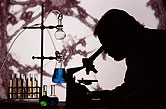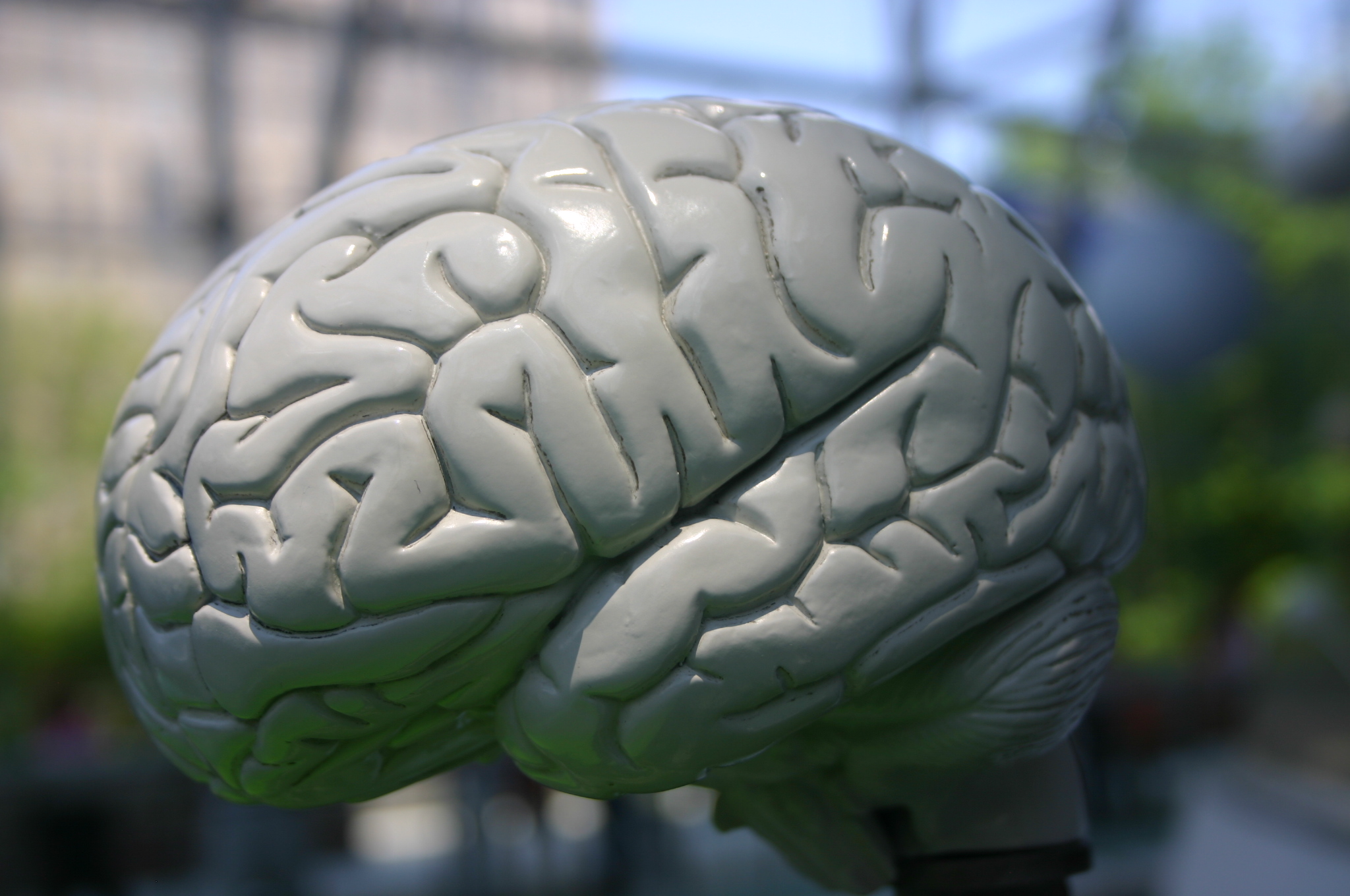
WEDNESDAY, Oct. 10 (HealthDay News) — Researchers working with fruit flies say they have discovered one way that the body’s biological clock controls brain-cell activity that influences daily rhythms.
They believe their findings might improve understanding about sleep-wake cycles and lead to new treatments for sleep disorders and jet lag.
“The findings answer a significant question: how biological clocks drive the activity of clock neurons, which, in turn, regulate behavioral rhythms,” study senior author Justin Blau, associate professor in New York University’s department of biology, said in a university news release.
Previous research with fruit flies’ “clock genes” led to the discovery of similar genes in humans, according to the news release.
It was known that biological clocks control neuronal activity, but it wasn’t known how information from biological clocks drives rhythms in the electrical activity of pacemaker neurons that control daily rhythms.
The NYU team looked at pacemaker neurons in the central brain of fruit flies that set the timing of the daily transitions between sleep and wake. They isolated these neurons and identified sets of genes with different levels of activity at dawn and dusk.
Follow-up experiments found that the activity of a gene called Ir was much higher at dusk than at dawn and that it was more active in the pacemaker neurons than in the rest of the brain. The researchers also found that increasing or decreasing levels of Ir affected behavioral rhythms and changed the timing and strength of variations in the core clock.
“We were looking for an output of the biological clock that would link the core clock to neuronal activity,” Blau said. “Ir seems to do this, but it also, remarkably, feeds back to regulate the core clock itself. Feedback loops seem to be deeply engrained into the biological clock and presumably help these clocks work so well.”
The study was published in the October issue of the Journal of Biological Rhythms. Researchers have noted that results from animal studies do not necessarily translate to humans.
More information
The U.S. National Institute of General Medical Sciences has more about biological clocks and circadian rhythms.

